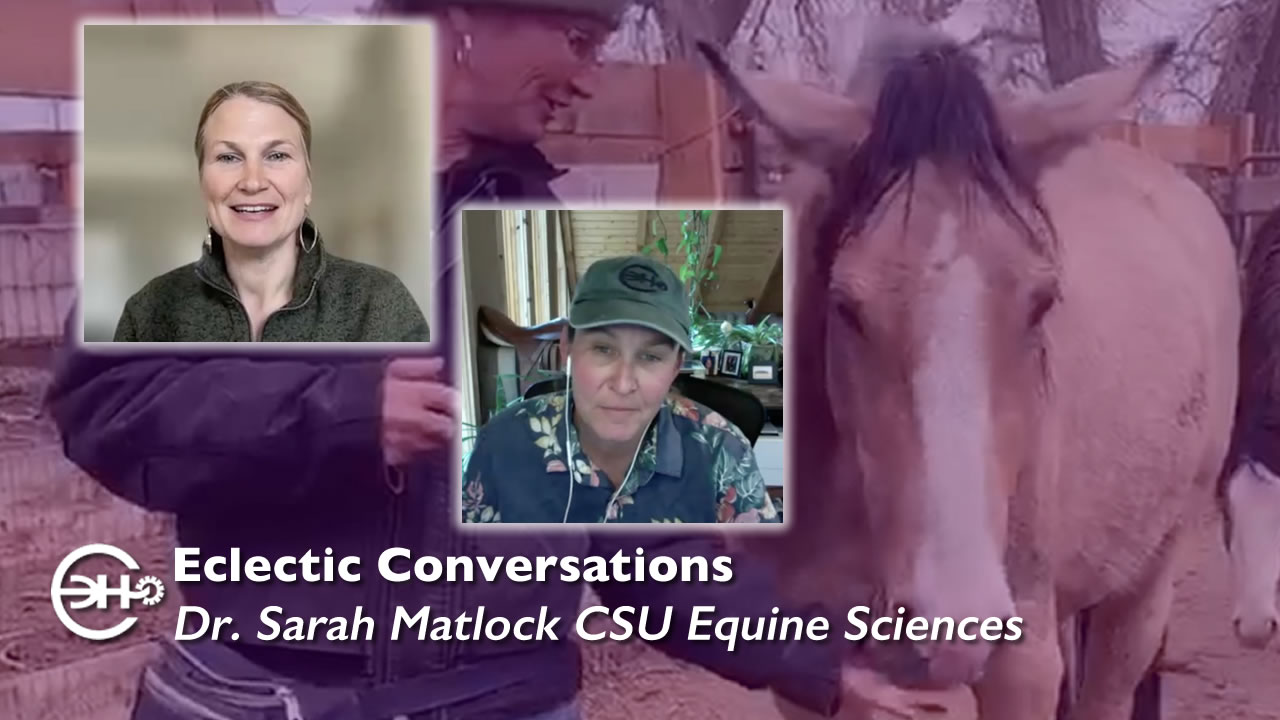This interview features Dr. Sarah Matlock, an assistant professor at Colorado State University’s Equine Science program, discussing her research and approach to equine behavior and training.
Key points include:
• Focus on Evidence-Based Practices:
Dr. Matlock emphasizes the importance of research-driven methods in horse management and training, rather than relying solely on traditional practices. She defines evidence-based practices as those informed by research on horses’ natural behaviors and stress indicators.
• Research on Mustang Training:
She conducted a study on clicker training (positive reinforcement) with mustangs, aiming to find fear-free methods for gentling them. The study explored how mustangs respond to positive reinforcement, pressure release, and novel trainers, and also measured cognitive bias (optimism).
The study was impacted by a strangles outbreak, but still provided valuable information.
• Importance of Understanding Horse Behavior:
Dr. Matlock highlights the need to understand the motivations behind horse behavior, considering their natural instincts as prey animals and the impact of domestication. She notes that agonistic behaviors (conflict avoidance) are more prevalent in domesticated horses due to management practices and confinement.
• Individualized Training:
She stresses that training methods should be adapted to the individual horse, considering their personality and experiences.She emphasizes the importance of observing behavioral indicators to inform training decisions.
• Clicker Training and Its Considerations:
She discusses clicker training, acknowledging its potential for both positive and negative outcomes. She highlights the importance of responsible use and avoiding coercion. The goal of training should be to help the horse feel safe.
• Nervous System and Learning:
She discusses the horses nervous system, and how the emotional part of the brain reacts faster than the thinking part. She also clarifies that horses can transfer information between the left and right hemispheres of the brain. Behavioral indicators are more important than training methods.
Learn more about CSU’s Equine Science Program
Learn more about International Society for Equitation Science (ISES)


